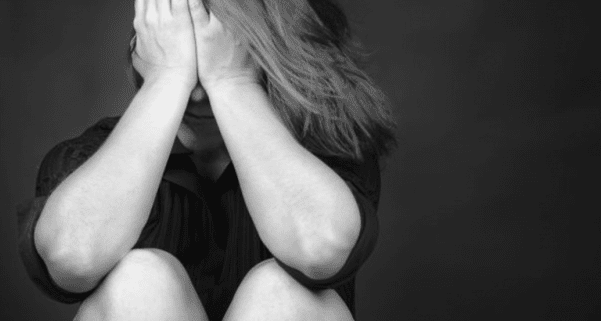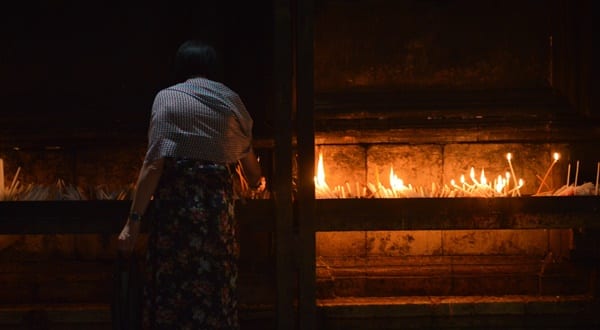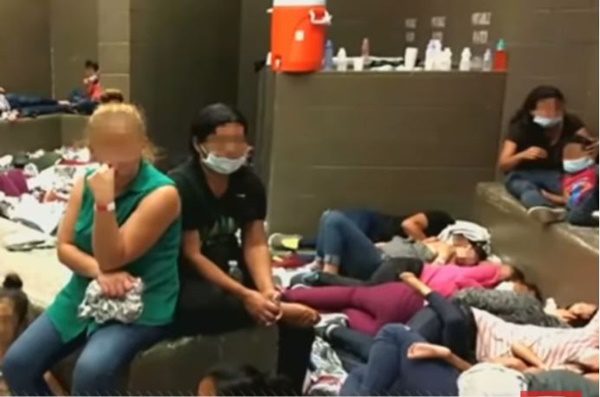In the midst of being knocked back by the overwhelming surge of sorrow and anger commingled in a tidal wave of hideous truth, an unexpected sensation emerged in my heart in the wake of the “Me Too” hashtags: hope.
It took a while to get there. I was initially struck by the sheer number of friends I saw posting their “Me Too” hashtags, sometimes accompanied by stomach-turning stories. Then I was struck by the fact of being struck. “Every woman has a story,” friends were writing. I realized that sexual abuse or harassment, the particular evils of the “#MeToo” reference, were more pervasive than I, a woman and a feminist, had grasped. I don’t have much in the way of my own stories, and I know it’s because I’m lucky. I know there is no sort of behavior, no sort of dress, that can guarantee a woman’s safety against sexual harassment or abuse. I know women constantly live under the possibility of harassment by virtue of living in a male-dominated world. Even so, it was jarring to realize just how many people I know are able to say, “Me too.”
I do, of course, have stories of my life being circumscribed by patriarchy. I have stories of worrying that I would never be romantically loved because I couldn’t meet certain beauty standards, of being interrupted by men, of not feeling safe outside at night, of being completely ignored by an usher at a conservative church when my (then)-future husband and I were led to our seats. My responses to these many events have ranged from letting it go to feeling anger, but overall they permeate the background of my life and I too often take them for granted as a normal part of womanhood.
#MeToo has been a wake-up call not only for men, but also for women who have felt alone, or who, like me, did not yet comprehend the magnitude of the problem. I am lucky not to have experienced sexual harassment or abuse. Yet I have experienced sexism, of which harassment and abuse are manifestations. I have experienced some of the rotten fruits of patriarchy. And now I am becoming more aware of just how many have experienced even more toxic varieties of its poison.
As hideous stories surface, churned up by sweeping winds of courage and solidarity, the ugly truth is emerging from the mythical veneer of social acceptability. With power imbalances that are ignored and gender expectations that stifle and silence both women and men come ever greater forms of violence and dehumanization. It is becoming increasingly clear how seeds of patriarchy culminate in expressions of power and exploitation that consistently devalue women and men, not to mention the harm they cause to those who refuse to conform to prescribed gender roles.
But where there is truth, even ugly truth, there is hope. The ugly truth is a necessary stage on the journey to a deeper and far more beautiful truth. Only when we awaken to the depth and breadth and pervasiveness of the harm of patriarchy – hierarchy elevating masculine above feminine and rewarding aggression and dominance in men while reinforcing expectations of submission and subservience in women – only when we see how pernicious, far-reaching, and devastating this is can we begin to see cracks in the system. And from that knowledge, we can move from the ugly realities of dehumanization to a more beautiful truth of recognizing and allowing and rejoicing in the fullness of a humanity more rich and wondrous than we could have ever imagined.
So I find hope in the sheer magnitude of women and also men coming forward to testify to the fact of their harassment and abuse. While I understand both the arguments for and against men participating in the #MeToo campaign, I believe that toxic masculinity and gender roles harm men as well as women, though the harm is more pervasive for women. The everyday precautions that women take to minimize their potential for abuse are not things most men consider on a regular basis, which is just one reason violence against women in particular must be given specific attention, but not exclusive attention. Toxic masculinity leads both to the belittling and using of women and the imposition of power and dominance by some men over others, sometimes in a sexually abusive way. It also attaches a stigma to men who speak out about violence they suffer as that is perceived as further denigrating their masculinity. Although less frequent, it is also true that women can abuse men, although I believe this is another evil of our hypersexualized, patriarchal culture. Thus, men who have stories should share them, while also listening to and recognizing that there are problems in a patriarchal culture that are unique to women. Silencing anyone’s story reinforces the patriarchy that needs smashing.
Raising awareness is not enough, of course, but it is the only way to start. With so many people coming forward exposing the wounds of patriarchy, I am seeing light-bulbs go on in the heads of male friends, and recognizing that my own light was dimmed and needs brightening. Men are stepping up to participate in the #HowIWillChange campaign, which I hope will be a life-long commitment to struggling against social conditions that encourage toxic forms of masculinity, including the devaluation and objectification of women and the will to impose power over and against, rather than with and for, others (including other men). For my part, while the same onus is not on me as a woman to repent of a power-dynamic I do not share, it is imperative that I also take part in dismantling stifling boxes of gender expectations by refusing complicity. That means recognizing that the “little things” that I once let go are seeds of a deeper malady that must be treated, and asserting my own dignity and the dignity of everyone against whom micro (and macro) aggressions are committed, for the sake of the aggressor as well as the victim. Because when humanity is denied, we all suffer.
I believe that the #MeToo campaign is exposing a toxic element of our culture and our human condition itself, and thus has the potential to lead us from an ugly truth into a beautiful truth. Patriarchy itself, however, is just a part of the violence that makes up the rotten planks of our crumbling cultural structure, a façade built on the foundational lie of dehumanization. I believe that the survival of humanity depends upon exposing this rotten foundation, which means recognizing that our full humanity is found in our interconnection and inter-dependence.
The dehumanization of women and men at the hands of patriarchy is one way we have denied and deprived ourselves of our full humanity. Racism and militarism are others. As I read the hashtags and become overwhelmed with the pervasiveness of patriarchal violence, I also imagine how easily “Me Too” could also expose the harms of racism, or gun violence, or endless war. I imagine us coming to an awareness of our violence as survivors speak out, and a wave of recognition of humanity washing over us all, washing away our justifications for setting ourselves over and against one another. I imagine all the world joining in empathy and repentance from our violence. Together, we can uproot the lie of dehumanization and rebuild our world on a foundation of truth in compassion and communion.
Image: Stock Photo from 123rf.com.
















